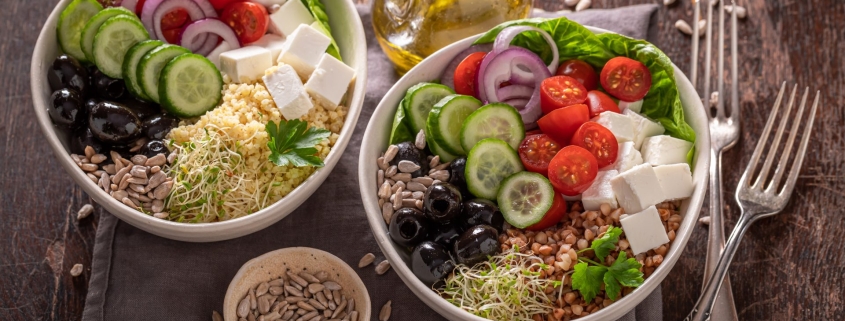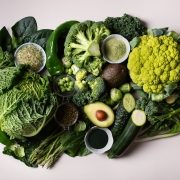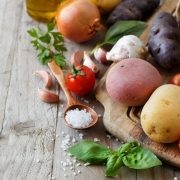Traditional / Heritage Diets
By Jason Pawloski, RDN | Registered Dietitian
There is no one single diet or style of eating that works for all! For many, one important thing to consider when eating healthfully is honoring some of the traditions of your upbringing or family history.
This may mean preparing common meals that your family and ancestors used to eat. For others, this might mean finding new and creative ways to implement some of the food staples into your current meal choices in a new way, even by just one ingredient at a time.
Rather than focus too much on the difference between traditional diets, let’s focus more the similarities found in many of these different dietary models.
One of the leading groups that illustrates and helps us appreciate this topic is the non-profit Oldways Cultural Food Traditions.
Implementing traditional diets can be a great way to make healthful changes when one is trying to improve their health. Whether you’re interested in addressing current health concerns or trying to prevent health problems from occurring later, traditional diets can be a great model to follow.
Common Features of Different Traditional/Heritage Diets
- Focus more on plant-based foods (fruits, vegetables, grains, etc.) and including a variety of different food groups (lean proteins, including fish and seafood, and legumes)
- Different spices and herbs
- Different types of rice and beans
- Locally sourced, minimally/non-processed foods
Traditional/Heritage Diets – Common Food Staples
- African Heritage diet – leafy greens, root vegetables, sweet potatoes, whole grains
- Asian Heritage diet – fish/seafood, soy foods, nuts/peanuts, vegetables
- Latin American diet – beans, corn, chili peppers
- Mediterranean diet – commonly eaten in nations that border the Mediterranean Sea
- Research shows the Mediterranean Diet is linked with reduced risk of Alzheimer’s Disease and Parkinson’s.
- Native American – beans, corn, squash, potatoes, tomatoes, chili peppers, cacao
- The Nordic diet – fish, whole-grain cereals, fruits/berries, legumes (beans and peas)
Have questions about your diet? Schedule an appointment with a NOAH Registered Dietitian today to help kick-start your health journey.










